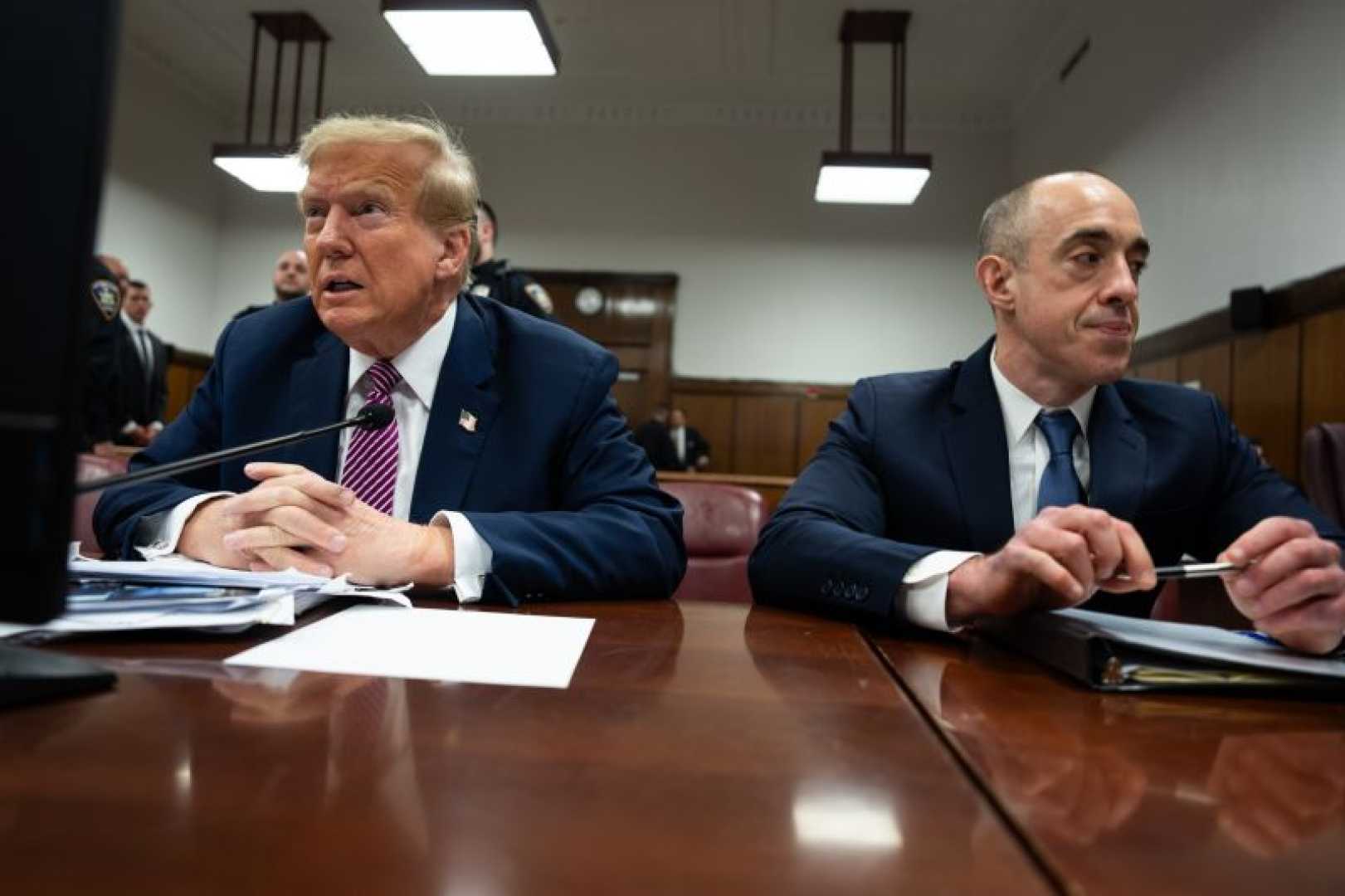Politics
Former Prosecutor Emil Bove Connects Trump and January 6 Investigations

NEW YORK — In the months following the January 6 Capitol riots, federal prosecutor Emil Bove was on the front lines, actively seeking to identify and arrest participants in the chaos, according to former colleagues. Recently, Bove has taken a significant turn, now serving as the Trump-appointed acting deputy attorney general and advocating for a reevaluation of investigations surrounding the Capitol attacks.
Bove, who gained notoriety as one of Donald Trump’s defense attorneys, has been leading efforts to address what he describes as a “grave national injustice” regarding the investigations into the Capitol events. He is tasked with identifying personnel who displayed “corrupt or partisan intent” during the probes into Trump and the rioters.
Former colleagues noted that Bove had previously shown no sign of dissent during investigations into the January 6 incident. Christopher O’Leary, a senior FBI counterterrorism agent, said, “He treated these cases as a priority… there was never any indication of anything other than full-throated support.” O’Leary recalled Bove’s leadership in weekly meetings discussing prosecution strategies aimed at capturing January 6 suspects.
Under Bove’s direction, Manhattan’s U.S. attorney’s office remained committed to the search for rioters. This included cases like that of Samuel Fisher, apprehended two weeks post-riot with a substantial cache of weapons. Though Fisher was sentenced to 3½ years, Trump later pardoned him, negating his conviction.
With the onset of the Trump administration in January, Bove initiated demands for the FBI to disclose names of agents involved in January 6 cases. He issued a memo asserting that prior FBI leadership participated in what he termed a “grave national injustice” regarding events at the Capitol. Acting FBI Director Brian Driscoll initially resisted Bove’s requests, providing only employee ID numbers before Bove ordered full compliance.
Supporters of the investigations, including former U.S. Attorney Matthew Graves, stand by the broad scope of the legal pursuits. They note the Justice Department’s determination to prosecute January 6 participants—some 3,500 cases submitted—was aligned with efforts to uphold democracy. Critics, however, argue this approach was overzealous and lacked focus on the most dangerous offenders.
Bove’s recent push for accountability in investigations has met substantial backlash, with some law enforcement officials asserting he is unfairly damaging public trust in the Justice Department. A current official stated, “The amount of damage he has inflicted on the department in just three weeks is impossible to overstate.” This sentiment is exacerbated by fears among FBI agents regarding job security due to their involvement in January 6 investigations.
Former prosecutors like Jason Manning emphasize Bove’s prior commitment to rigorous investigation protocols during January 6 cases, stating, “If he thought there was something improper… he had an obligation to say something.” Manning and others highlight that Bove was instrumental in the very investigations he is now questioning.
As discussions around the January 6 investigations continue to evolve, the implications of Bove’s actions reflect broader uncertainties within the Justice Department and federal law enforcement as they navigate the political landscape ignited by the Capitol riots.












